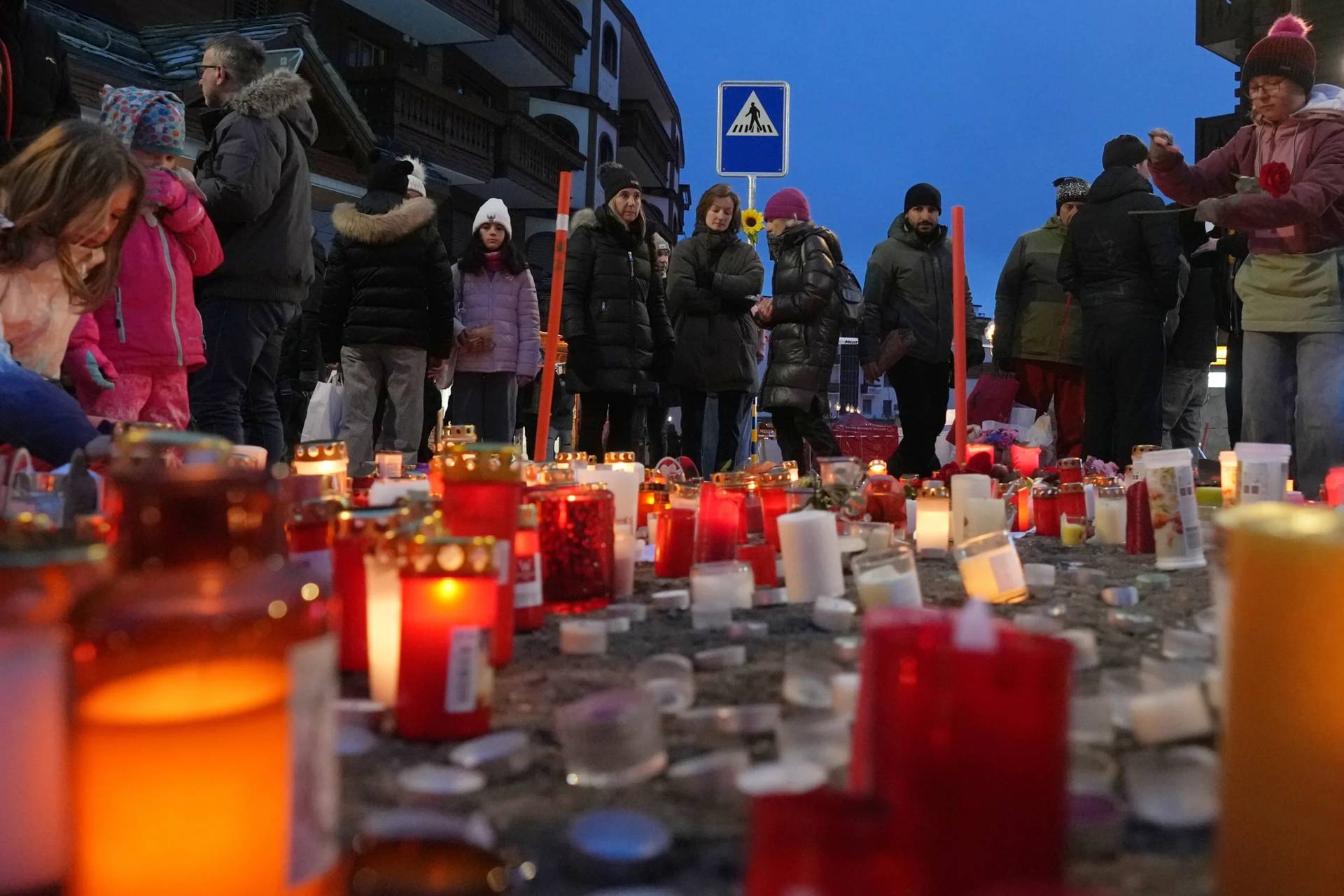ROME — A leading Catalonian politician who spent four years in jail for his support of the independence cause from Spain said Wednesday that he not only supports Ukraine’s swift entry into the European Union, but that right now Ukraine “represents the cause of democracy for the world.”
Oriol Junqueras, a leftist politician who served as vice-president of the brief-lived independent state of Catalonia in 2016-2017, and who was later sentenced to prison for sedition by a Spanish court before being released in 2021, spoke Wednesday to Crux.
“I believe that it would be good for Ukraine,” he said of the country entering the EU as President Volodomyr Zelensky has requested, “but also good for the European Union.”
“This is, and must be, compatible with seeking the best relations possible with Russia,” he said, while acknowledging that “right now it’s very difficult because we’re dealing with a highly authoritarian regime [in Russia] distant from good European democratic practices.”
“A solution should be found in respect and collaboration, not in conflict, violence, conquest and war,” Junqueras said.
“It’s entirely correct that the Western democracies try to support Ukraine’s democracy, because what’s at stake right now is not only the independence of Ukraine but also the very idea of a democratic political model,” he said.
“The idea should be that Ukraine is part of the European Union, and it can contribute to achieving good relations with Russia to the extent possible,” Junqueras said. “Probably, it will only be possible to the extent that Russia moves in a decisive way towards more democratic models.”
Junqueras, 52, is currently the head of the Republican Left of Catalonia political party.
When Catalonia unilaterally declared itself independent in 2017 following a disputed referendum, Spanish authorities sought to arrest the region’s leadership, driving President Carles Puigdemont into exile and leaving Junqueras to face a 13-year prison sentence. His early release came after a ruling from the European Court of Justice that because he was an elected member of the European Parliament at the time, he should have enjoyed parliamentary immunity.
Unusually on the landscape of the Spanish left, Junqueras, who’s married with two children, is a practicing Catholic.
Although Junqueras is himself a leading separatist, he said he sees no parallels between the Catalonian cause and that of the breakaway territories in Ukraine dominated by Russian-speakers and loyal to Moscow.
“I believe that Russia should not interfere, and certainly not with arms and war, in Ukraine in its totality,” he said. “In any case, there should be a spirit of collaboration among all involved to find the best solution. It would be better for both parties to have a collaborative political, economic and social arrangement.”
Junqueras said he stands four-square behind Ukraine in its current struggle with Russia.
“I look upon the cause of democracy with sympathy in the whole world,” he said. “In this sense, Ukraine right now represents the cause of democracy for the world.”
On relations between Ukraine and Russia, Junqueras, an academic historian by training, said the situation between the two nations is exceedingly complicated.
“These are two nations, two cultures, two peoples, two traditions, which have so many bonds. In fact, the concept of the Russian state was born in the Principality of Kyiv,” he said. “Some of the authors of classic Russian literature, for example Pushkin, wrote from the port of Odessa, which is today part of Ukraine.”
At the same time, he said, there are important differences between the two cultures, including the presence of a large Eastern Catholic community in Ukraine, while Catholicism has an extremely small footprint inside Russia.
“A solution should be found in respect and collaboration, not in conflict, violence, conquest and war,” he said. “Is this path of respect and collaboration possible? It should be. I believe it’s better both for the Ukrainians and the Russians to try this journey.”
Asked if he believes his fellow Catalans are united in their support for Ukraine, Junqueras was unhesitating.
“I believe absolutely yes, in an extraordinary way,” he said. “On this point, there aren’t divisions. We’re of one mind in our sympathy for Ukraine.”
While Junqueras is no longer confined to prison, he still faces certain limits on his activities imposed by Spanish authorities, including a ban on his ability to teach in schools.
Follow John Allen on Twitter: @JohnLAllenJr















